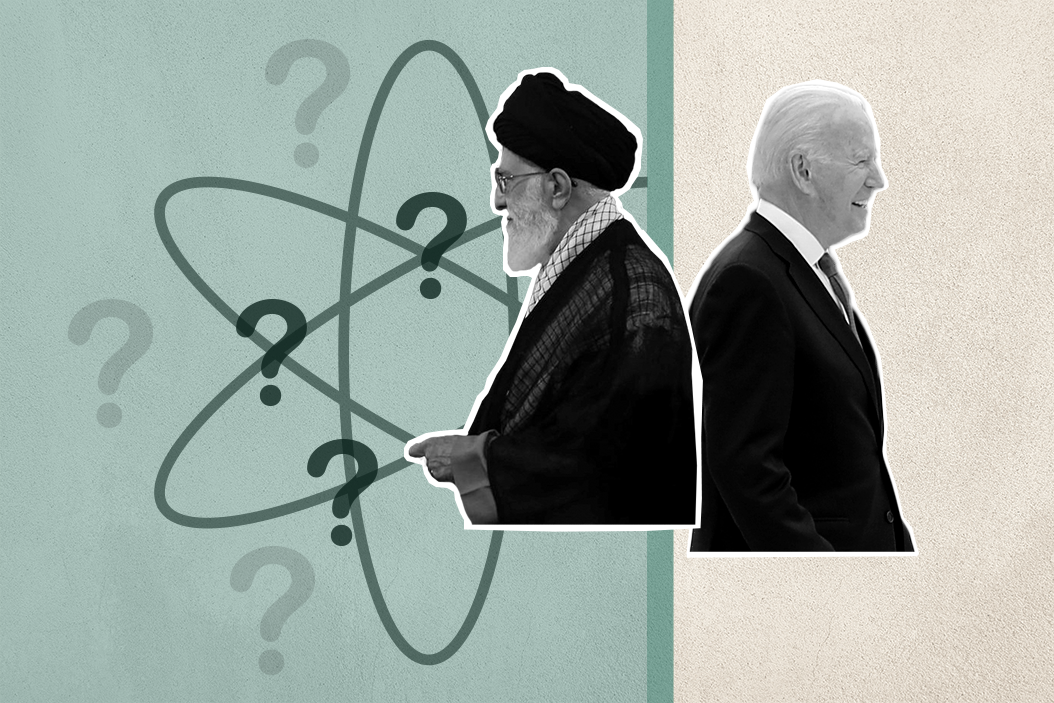What We’re Watching: Iran wants back in nuclear talks, post-Brexit fishing drama, RIP Facebook
Iran to resume nuclear talks — but it might be too late. Iran's top negotiator says that his country is now ready to rejoin talks on reviving the 2015 nuclear deal. Those negotiations have been on ice since June, when a hardline new Iranian president was "elected." But hopes for a breakthrough are slim. For one thing, Iran and the US still disagree about who should do what first: Tehran wants the toughest US sanctions lifted immediately, while the Americans say no way until Iran stops steaming ahead with its nuclear programs. (For a good primer, check out this Puppet Regime.) The other big obstacle now is that since Donald Trump ditched the deal in 2018, Iran has made immense progress in enriching uranium, breaking through all the limits set by the original agreement. Reviving that pact would now entail forcing the Iranians to give that all up, which Iran's hardline leadership is very unlikely to do, while Washington certainly won't want to write up a new deal that accepts Iran's recent nuclear activity — in fact, the Biden administration is under pressure to impose fresh sanctions. Fresh talks are good, but things don't look promising.
Nous gardons ton bateau!France and the UK have spent months trading barbs over post-Brexit fishing access in the English Channel. But now the French have upped the ante by seizing a UK trawler because it didn't have the proper EU-mandated paperwork. Although details of the seizure remain murky, it's a clear shot across the bow by Paris, fed up about lack of progress in talks over post-Brexit fishing rights. (Fishing rights was one of the final sticking points of Brexit trade negotiations, an emotive political issue for many Britons who say that they got a subpar deal when the UK joined the EEC in the 1970s.) What's more, France has issued an ultimatum: its customs agents will take their time inspecting all UK goods entering the country until London grants more fishing licenses to French vessels. This comes after a massive flare-up in May, when France amassed dozens of fishing boats near the Channel Islands, threatening to block British access to their ports and cut them off from power that comes from French submarine cables (spoiler: Paris backed off.)
What We're Ignoring
Facebook goes Meta. After weeks of teasing, Facebook CEO Mark Zuckerberg announced Thursday that the company has a new name: Meta. The company says the name change reflects its increasing focus on the metaverse, which for you lay people refers to stuff like virtual and augmented reality. But the irony is palpable. A quick Google search reveals that the etymology of meta is Greek, and means "after" or "beyond." While Zuckerberg, Sandberg and co may be hoping that a major shift in branding will usher in a new era for the tech giant that has has experienced a brutal wave of publicity in recent weeks, it'll take more than a PR exercise to recast the company's image as a suppressor of hopes, dreams… and democracy.
